Is Britain experiencing a rise in neo-Nazism?
Durham teenager arrested for planning attacks on public sites including synagogues
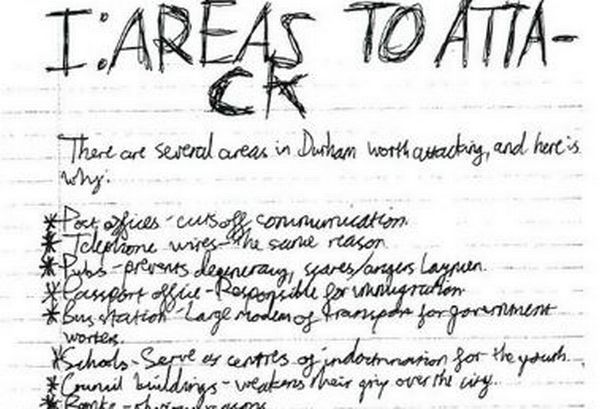
A free daily email with the biggest news stories of the day – and the best features from TheWeek.com
You are now subscribed
Your newsletter sign-up was successful
A 17-year-old neo-Nazi has been jailed for six years and eight months after he drew up plans to attack a number of buildings in Durham, including a synagogue.
According to Sky News, police raided the teenager’s bedroom in March 2019 and found a document called “Areas to Attack”, which listed schools, pubs and council buildings in Durham.
Police also found a list of guns he wanted to buy and a to-do list including the phrase “shed empathy”. He was also found to be in possession of instructions for how to make bombs and the poisin ricin.
The Week
Escape your echo chamber. Get the facts behind the news, plus analysis from multiple perspectives.

Sign up for The Week's Free Newsletters
From our morning news briefing to a weekly Good News Newsletter, get the best of The Week delivered directly to your inbox.
From our morning news briefing to a weekly Good News Newsletter, get the best of The Week delivered directly to your inbox.
The case has once again sparked debate over the rise of far-right and neo-Nazi activism in the UK. The Sunday Times asked in report last year “why it still has a foothold in comfortable, cosmopolitan 21st-century Britain”.
But are these concerns justified?
The roots of British neo-Nazism
According to The Intercept, far-right extremists “have been active in the UK for most of the last century”. In the 1930s, Oswald Mosley, an MP who had served in both the Conservative and Labour parties, launched the British Fascist Union, which “took inspiration from Italian dictator Benito Mussolini”.
A free daily email with the biggest news stories of the day – and the best features from TheWeek.com
Mosley garnered tens of thousands of supporters – dubbed the “Blackshirts” – but he was later forced to flee to France after the Second World War turned public opinion violently against fascist movements.
Nevertheless, Mosley’s influence on future far-right movements was significant, and political parties founded in the 1960s and 70s – including the National Front and its predecessor, the original British National Party – held similar views on race, equality and even economics.
The National Front was frequently involved in violent clashes with anti-fascist protesters, making headline news and gaining substantial support in the 1970s.
In 1999, David Copeland, a member of the UK National Socialist Movement (NSM), was arrested and charged after planting home-made nail bombs around ethnically diverse parts of London and the Admiral Duncan pub in Soho, known for its predominantly gay clientele. The bombs killed three people, including a pregnant woman, and injured 140 others.
Have there been other neo-Nazi arrests recently?
The most prominent group in modern neo-Nazi circles in the UK is National Action. The group was founded in 2013 and has been designated a terrorist organisation by the UK government.
The Guardian reports that National Action is the “first extreme right-wing group to be proscribed by the government since the Second World War”, adding: “It was banned in December 2016 by the then home secretary, Amber Rudd, over its support of [Labour MP Jo] Cox’s murder.”
The highly secretive organisation has been the subject of major police operations in recent years. Jack Renshaw, a 23-year-old member, was arrested in 2019 for planning to murder West Lancashire MP Rosie Cooper and a female police officer.
Are British neo-Nazis a real threat?
Yes, according to police.
The BBC reports that security forces have stated that the fastest-growing terror threat in the UK comes from far-right extremism. Neil Basu, the UK head of counter-terrorism, said in 2019 that “seven of the 22 plots foiled since March 2017 have been linked to the ideology”.
He also said that the police and MI5 were battling to stop extremist right-wing terrorism gaining more of a foothold, stating: “It’s small but it’s my fastest-growing problem.”
Basu added: “Some of the criticism that we did not look at white supremacist right-wing violence as terrorism is probably justified criticism.
“When nearly a third of plots foiled by police and security services relate to right-wing ideology, it lays bare why we are taking this threat so seriously.”
-
 ‘Poor time management isn’t just an inconvenience’
‘Poor time management isn’t just an inconvenience’Instant Opinion Opinion, comment and editorials of the day
-
 Bad Bunny’s Super Bowl: A win for unity
Bad Bunny’s Super Bowl: A win for unityFeature The global superstar's halftime show was a celebration for everyone to enjoy
-
 Book reviews: ‘Bonfire of the Murdochs’ and ‘The Typewriter and the Guillotine’
Book reviews: ‘Bonfire of the Murdochs’ and ‘The Typewriter and the Guillotine’Feature New insights into the Murdoch family’s turmoil and a renowned journalist’s time in pre-World War II Paris
-
 How the ‘British FBI’ will work
How the ‘British FBI’ will workThe Explainer New National Police Service to focus on fighting terrorism, fraud and organised crime, freeing up local forces to tackle everyday offences
-
 How the Bondi massacre unfolded
How the Bondi massacre unfoldedIn Depth Deadly terrorist attack during Hanukkah celebration in Sydney prompts review of Australia’s gun control laws and reckoning over global rise in antisemitism
-
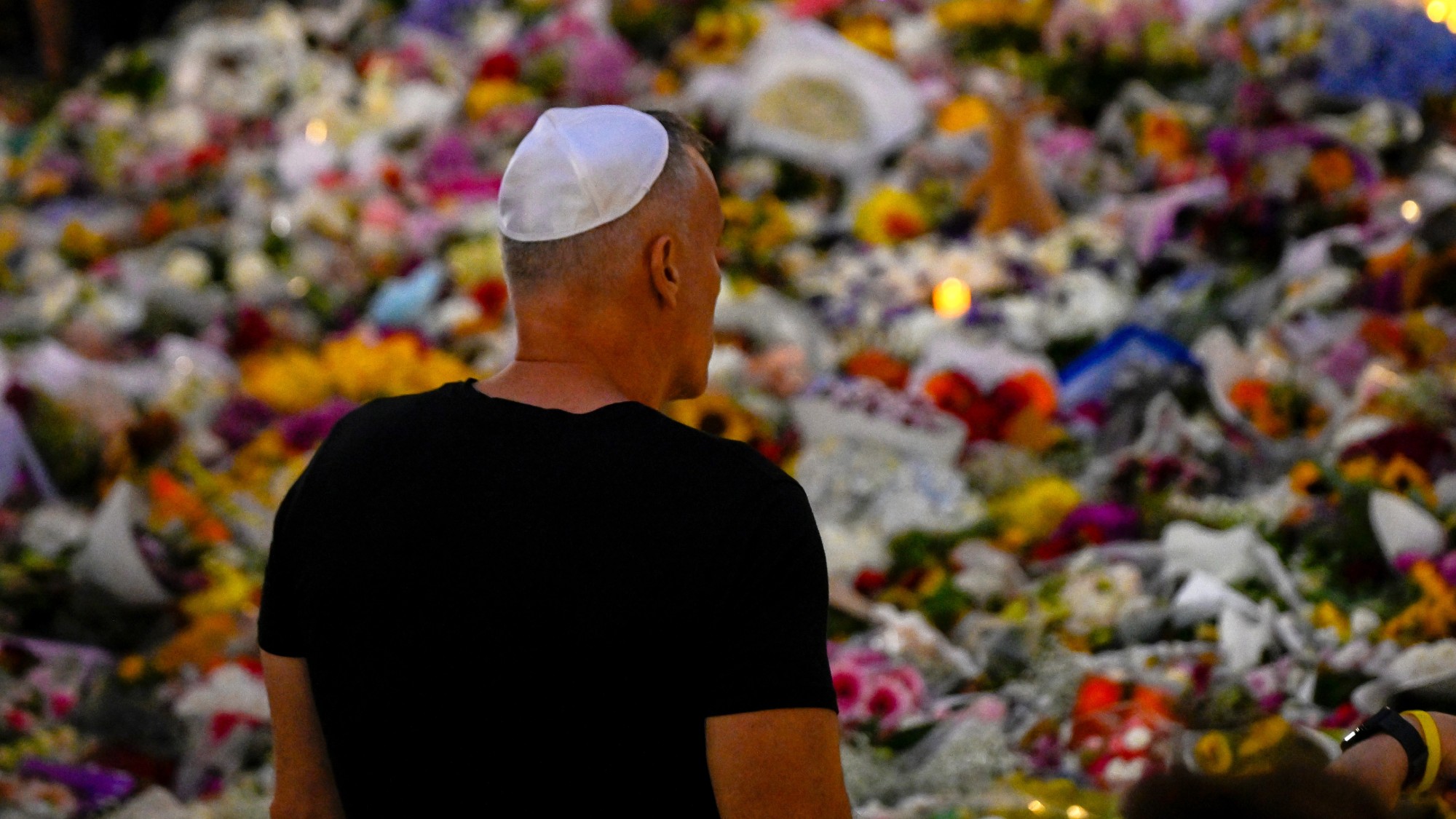 Who is fuelling the flames of antisemitism in Australia?
Who is fuelling the flames of antisemitism in Australia?Today’s Big Question Deadly Bondi Beach attack the result of ‘permissive environment’ where warning signs were ‘too often left unchecked’
-
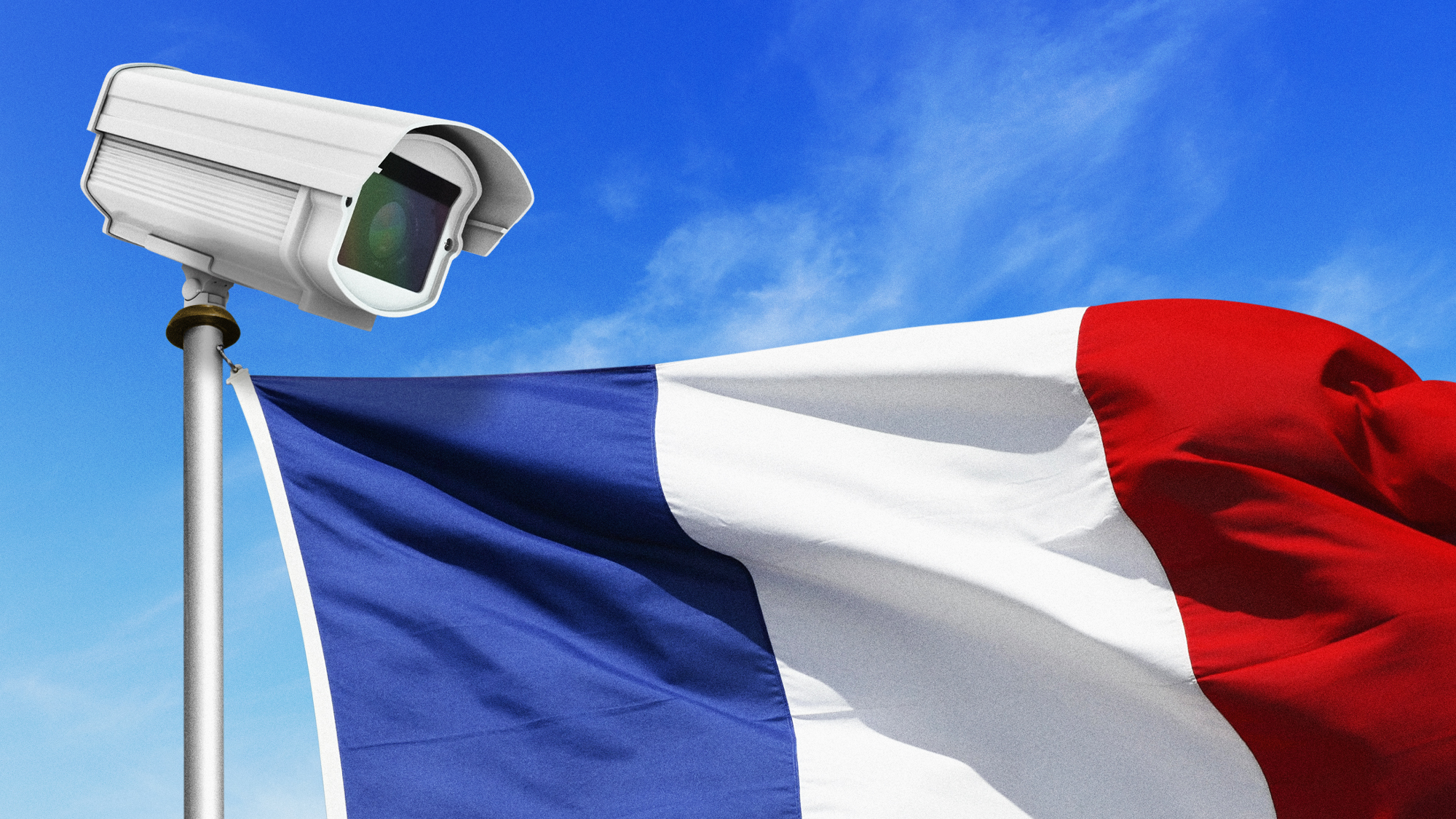 Ten years after Bataclan: how has France changed?
Ten years after Bataclan: how has France changed?Today's Big Question ‘Act of war’ by Islamist terrorists was a ‘shockingly direct challenge’ to Western morality
-
 Arsonist who attacked Shapiro gets 25-50 years
Arsonist who attacked Shapiro gets 25-50 yearsSpeed Read Cody Balmer broke into the Pennsylvania governor’s mansion and tried to burn it down
-
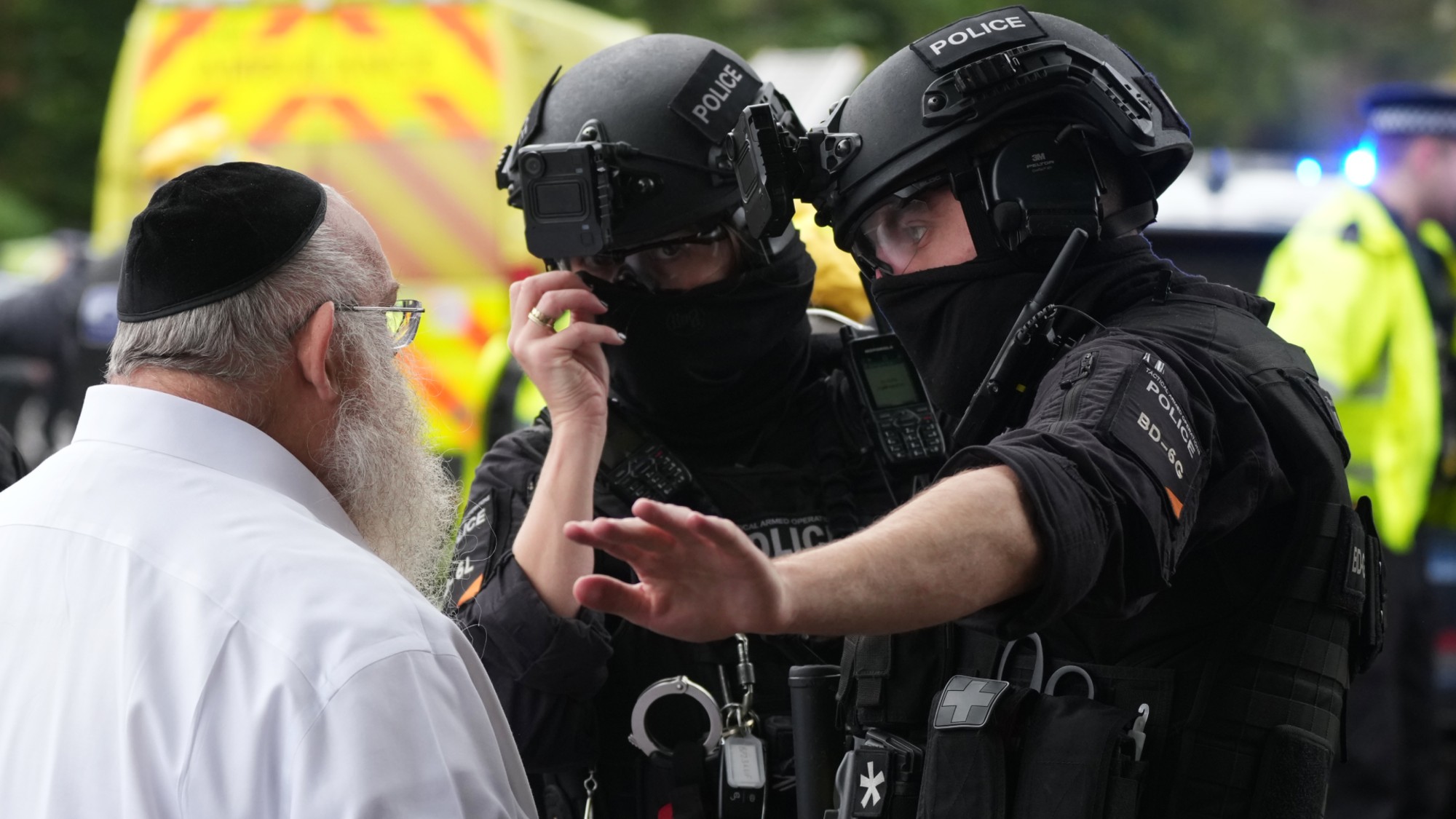 Manchester synagogue attack: what do we know?
Manchester synagogue attack: what do we know?Today’s Big Question Two dead after car and stabbing attack on holiest day in Jewish year
-
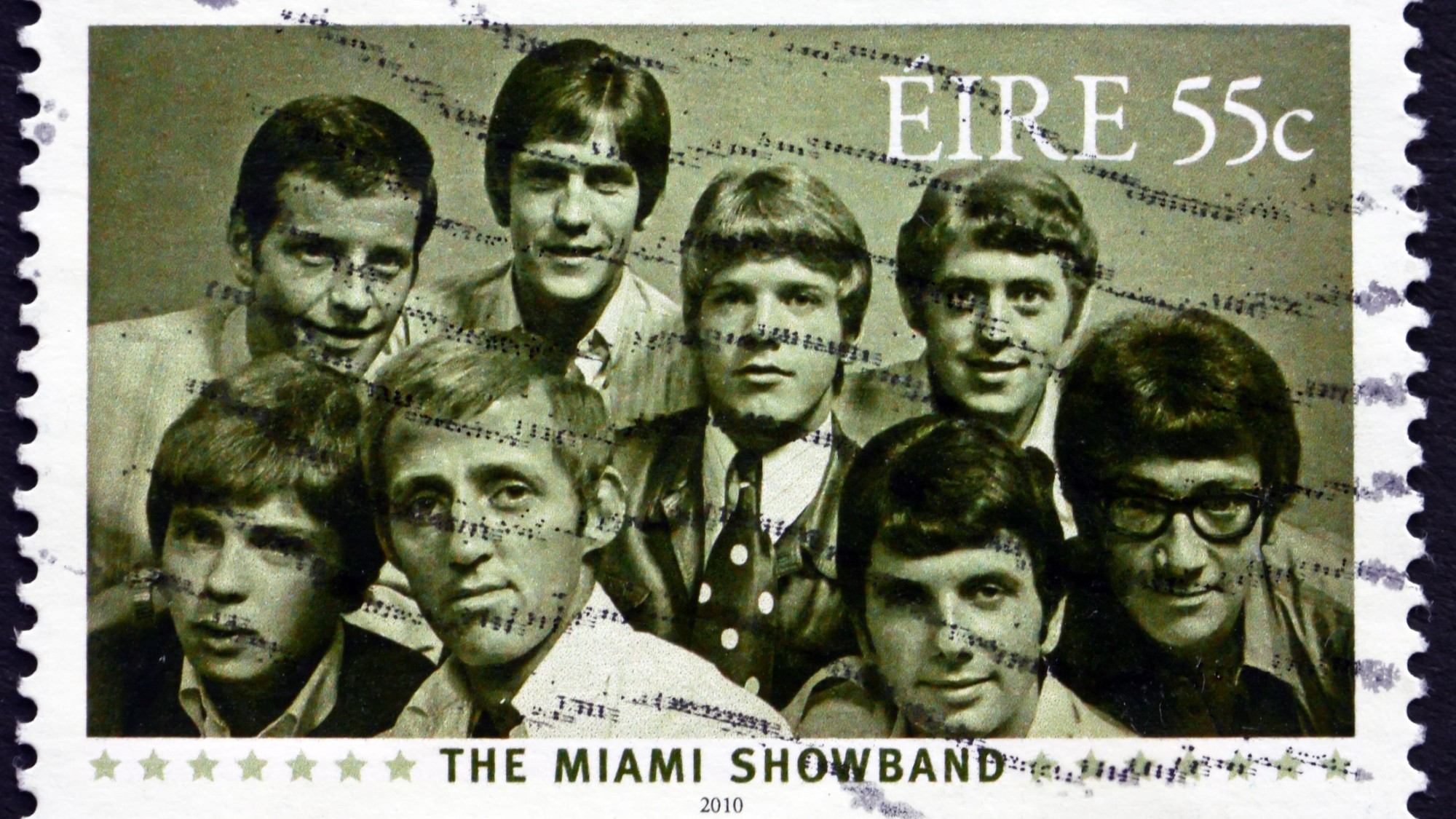 The Miami Showband massacre, 50 years on
The Miami Showband massacre, 50 years onThe Explainer Unanswered questions remain over Troubles terror attack that killed three members of one of Ireland's most popular music acts
-
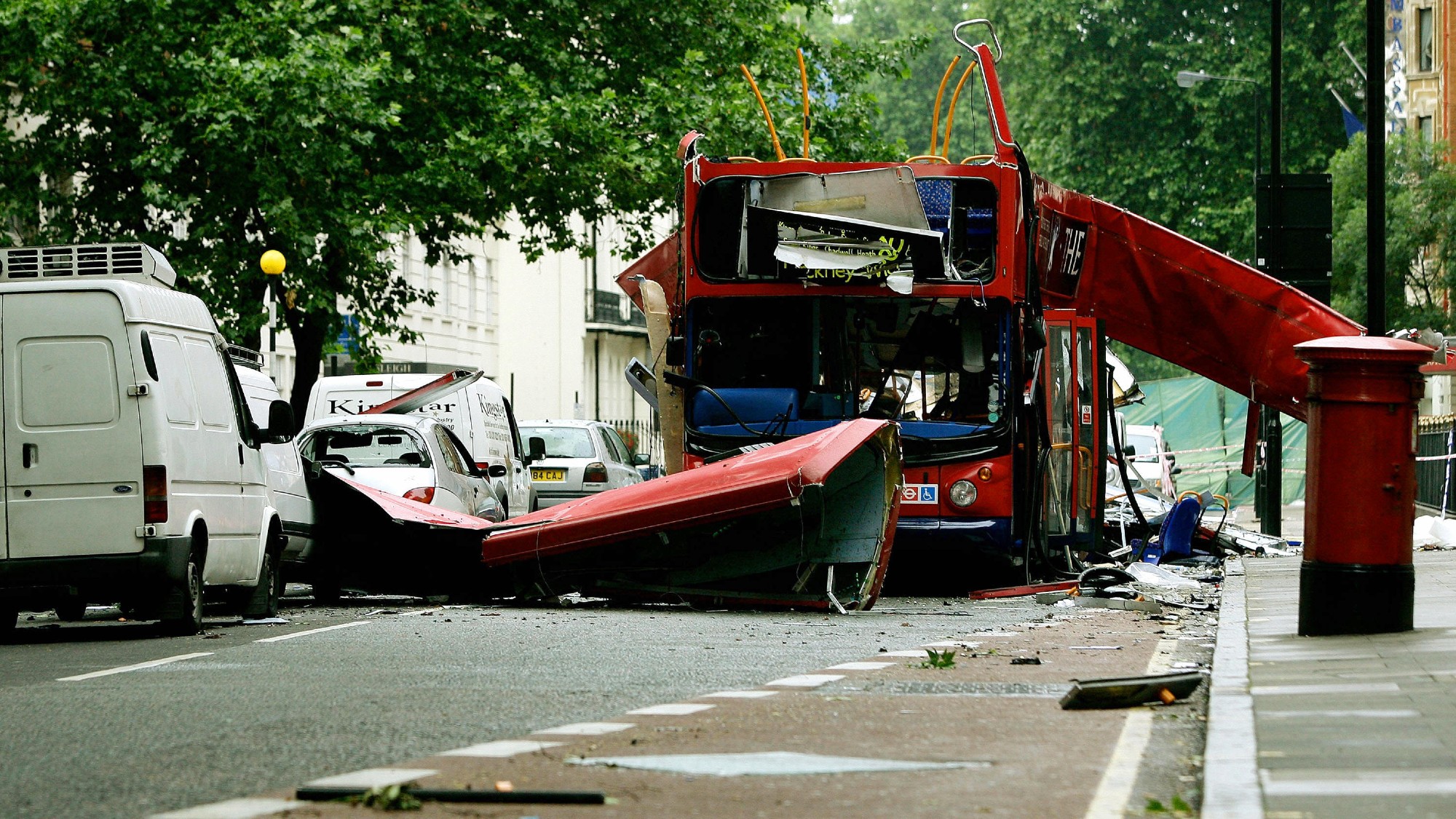 The failed bombings of 21/7
The failed bombings of 21/7The Explainer The unsuccessful attacks 'unnerved' London and led to a tragic mistake